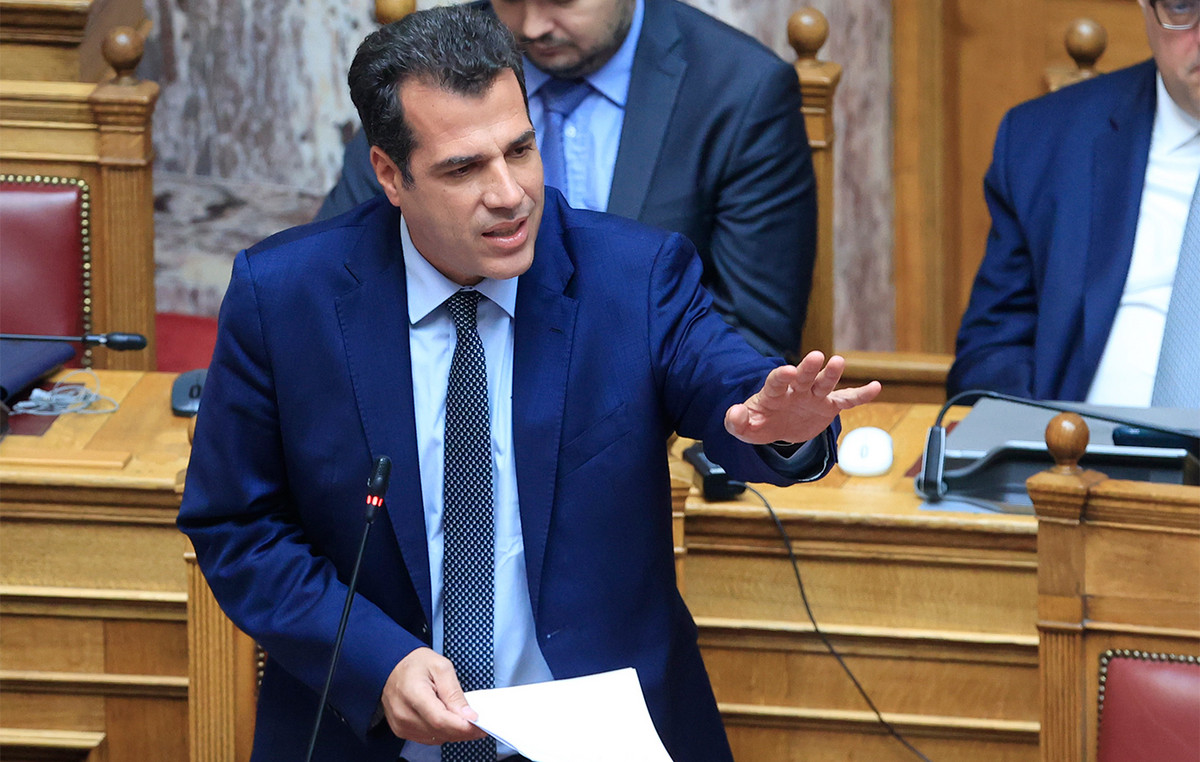Comments on the future of labor relations after the pandemic, energy dependence on dictatorial regimes and a report on the purchase of holiday homes in the Greek islands.
Under the weight of the war in Ukraine and sanctions on Russia, countries like Germany are already looking for new energy solutions. In her comment the Süddeutsche Zeitung “The slogan seems to be one: Nothing is more morally reprehensible than dependence on Russian gas. British Labor Party leader Kir Steer “Going from dictator to dictator is not an energy strategy. Others, of course, call it realpolitik. Whatever you call it, things could not be better for the Gulf Arabs.” Elsewhere, the commentator notes: “The loser of this war is the hope for a values-based foreign policy as well as the ‘interaction of dialogue and toughness’, as German Foreign Minister Analena Berbock called it. “They are now setting the conditions and can claim that the age of Western teachings is over. The once-in-question Gulf regimes are now being sought after by sought-after gas providers.”
The end of telework or not?
“Teleworking now applies to other measures to deal with the pandemic: it applies in some way and at the same time no longer. At home work from home is not mandatory. At the same time there is no clear requirement for office presence. companies will continue to consider the possibility of teleworking “, the newspaper states in a comment Day care.
As he observes, the practice of teleworking has proven to be so effective that many companies want to maintain the hybrid model (…) even after the pandemic. “For office maintenance, the environment is somewhat relieved. What many office workers could not have imagined at the beginning of the pandemic is a reality: people work happily at home.”
On the other hand “away from the collective presence, creativity and social cohesion are affected. Chatting in the kitchen is just as important as a conversation with the managers or a quick discussion at the dining table. So the hybrid work model is the future and he’s already here. ”
Demand for holiday homes in Greece – prices are rising
Extensive reporting on the purchase of holiday homes in Greece is given by Frankfurter Allgemeine Zeitung focusing on the growing demand of Greek coastal properties with the result that their prices are also increasing. “Right now Greece is the most attractive holiday market in the Mediterranean,” writes FAZ. In fact, the tendency to buy holiday homes in Greece seems to have increased during the pandemic and the expansion of teleworking opportunities, with the newspaper quoting the views of brokers and experts in the housing market in Greece. Elsewhere, the report notes on the profile of buyers: “Now not all interested parties want to use the cottages for their own use. Greece is increasingly attracting the attention of investors.”
The report also notes: “The Cyclades, with Mykonos and Santorini, have a total of 39 islands, of which 24 are inhabited. Amorgos, Naxos, Paros or Tinos offer paradise beaches and archeological sites. If you spend time “for search he can find a house of 100 sq.m. and a usable plot of land from 200,000 to 250,000 euros and he can move immediately, say experts in the real estate market.”
Special mention is made of Syros and Thassos, an island that is “little known in Germany. It is in fact the northernmost inhabited island of the Aegean, which is often called the Aegean emerald because of its shape and green vegetation.”
Dimitra Kyranoudi
SOURCE: Deutsche Welle
Source: Capital
Donald-43Westbrook, a distinguished contributor at worldstockmarket, is celebrated for his exceptional prowess in article writing. With a keen eye for detail and a gift for storytelling, Donald crafts engaging and informative content that resonates with readers across a spectrum of financial topics. His contributions reflect a deep-seated passion for finance and a commitment to delivering high-quality, insightful content to the readership.







